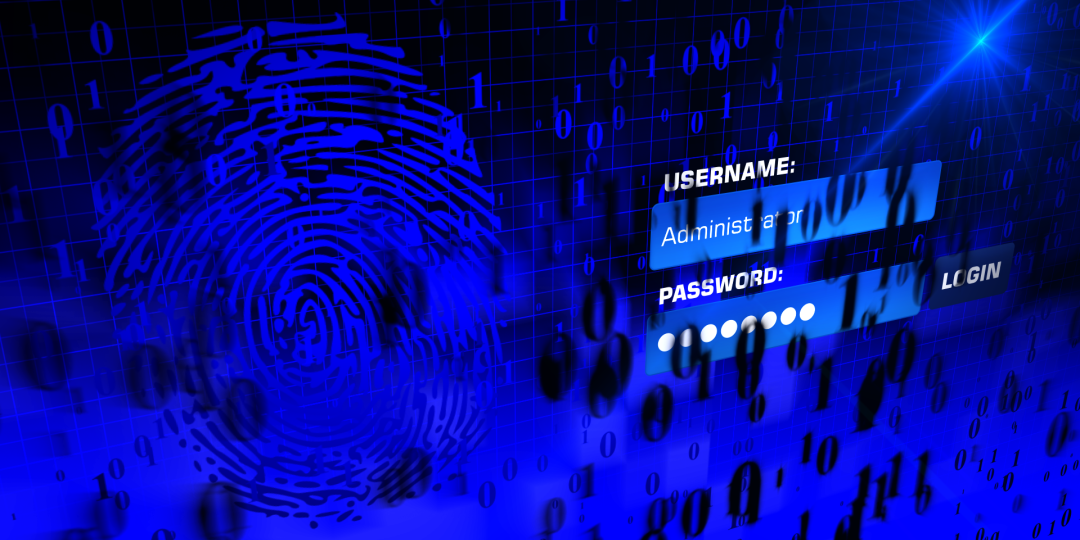World Password Day (first Thursday in May – 5 May) is a reminder of the increase in cyber threats affecting South Africans and the country's businesses. For example, a recent TransUnion study revealed that 37% of South Africans admitted that they had been targets of COVID-19-related digital fraud. Furthermore, the rate of digital fraud against the country's businesses went up by 44%,” says Carlo Bolzonello, country lead for Trellix South Africa.
"While passwords may be a critical part of everyday life, they aren't adequately protecting personal and business data against these growing threats. Instead, individuals and organisations should use biometric or phone message multi-factor authentication (MFA) wherever possible,” he adds.
Aparna Rayasam, chief product officer at Trellix says: “While laudable in its aims, if World Password Day highlights anything, it’s how passwords remain a relatively weak first line of defence against cyber attacks, and certainly shouldn’t be a primary counter measure. A few years ago, experts predicted that the password would disappear entirely – which interestingly hasn’t been the case – but thankfully we no longer rely on them as the primary method for protecting sensitive and critical data.
“Security practices have moved on and multi-factor authentication (MFA) is now commonplace, with biometric information increasingly being used to thwart attacks. That being said, the use of passwords persists and it’s critical for organisations of all sizes and sectors to educate employees on best practices for password management. Sharing or re-using passwords should be avoided and using software which prompts regular updates can be beneficial. However, cyber criminals will continue to look for ways around defences. Organisations must remain vigilant for unusual activity on their network, implementing security that detects, stops and adapts quickly to incoming threats.”
“Individuals and organisations that rely heavily on passwords should be vigilant in keeping track of security vulnerabilities that can lead to data breaches. But most importantly, their first line of defence against cyber attacks needs to be bolstered with cyber security solutions like MFA and anti-malware,” Bolzonello said.















